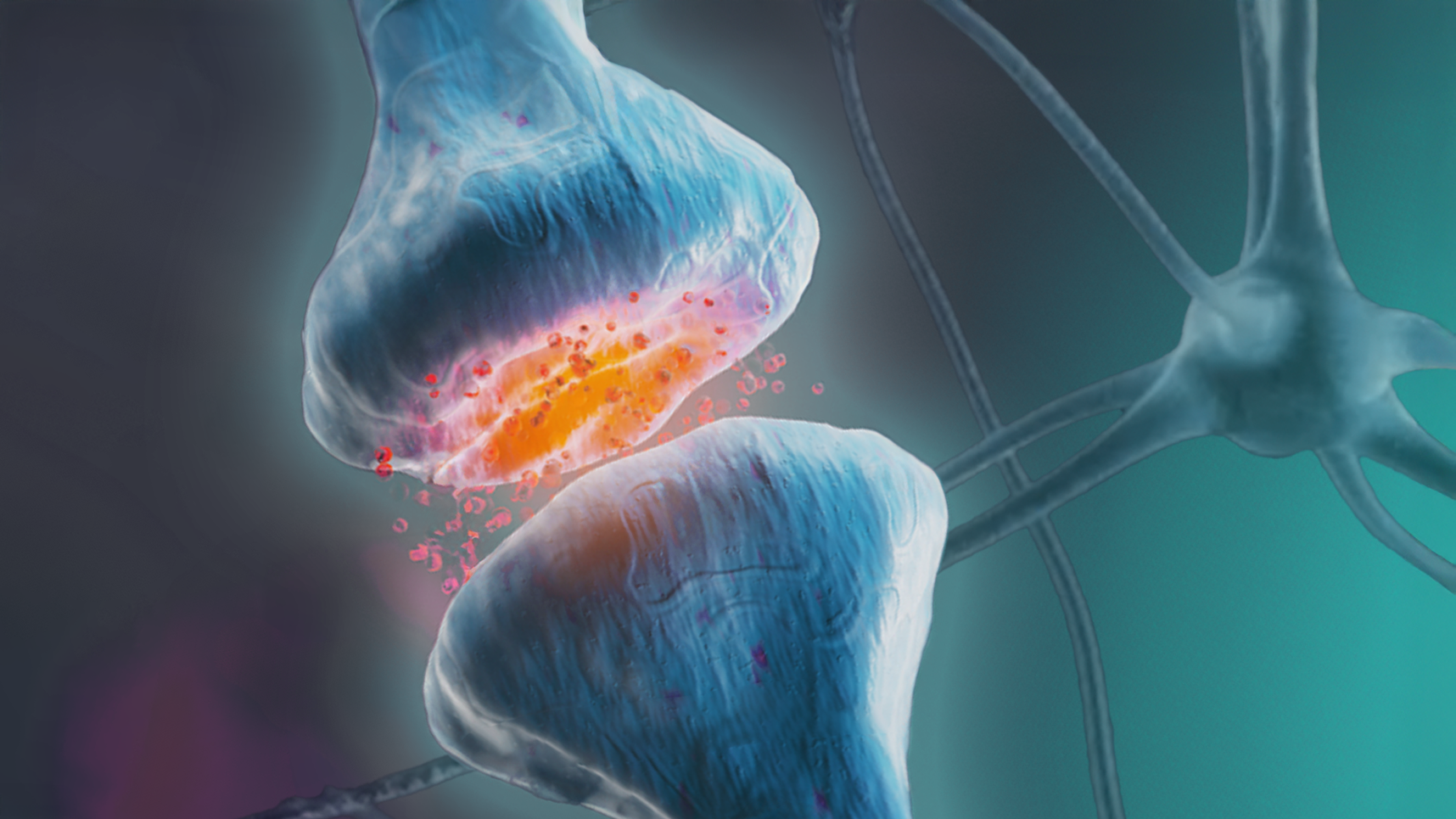BK Channel Openers: From FRAXA Seed Funding to Big Pharma Investment and Trials

For more than three decades, FRAXA Research Foundation has worked to advance treatments for Fragile X syndrome. One of the most promising potential treatments today is BK (Big Potassium) channel modulators. Many years of FRAXA-funded research have led to breakthroughs with this approach on two different fronts.
The Science Behind BK Channels
Fragile X syndrome occurs when an essential protein, FMRP, is absent.

Imagine a busy intersection full of cars with no brakes; turmoil and damage are inevitable. The same is true for the brain without FMRP; mRNAs travel through cells unchecked, haphazardly producing protein. This unregulated environment creates chaos in the brain and contributes to the cognitive and behavioral symptoms seen in Fragile X syndrome.
Lynne E. Maquat, PhD
FRAXA Investigator and Director of the Center for RNA Biology
University of Rochester, Rochester, NY
Excerpted from an article by the University of Rochester Medical Center: Fragile X Syndrome: What Happens in the Brain.
FMRP normally helps regulate BK channels, large ion channels in the membrane of axons, which act like natural “brakes” on overactive neurons. Without FMRP, BK channels don’t function properly. Opening these channels pharmacologically restores balance, addressing not just symptoms, but core brain dysfunction.
FRAXA’s Early Investments, from Basic Research to Clinical trials
The path to today’s clinical trials emerged from FRAXA research grants to many teams, including Dr. Andreas Frick at the University of Bordeaux, Dr. Leonard Kaczmarek at Yale University, Dr. Vitaly Klyachko at Washington University, Dr. Peter Vanderklish at Scripps Research Institute, and Dr. Sylvain Briault and Dr. Jacques Pichon at the University of Orleans. These and other scientists demonstrated that the BK channel – and other ion channels – are therapeutic targets for Fragile X.
Much of this work was pushed forward behind the scenes by Dr. Michael Tranfaglia, FRAXA’s Medical Director, who was steering BK channel modulators through rigorous validation to attract pharmaceutical partners. Two BK channel openers have been tested successfully at the Drug Validation Initiative (FRAXA-DVI).
Clinical Readiness and Industry Momentum
These two BK channel modulators have now advanced into formal drug development pipelines:
Servier Acquires BK Channel Modulator
Kaerus Bioscience’s KER-0193 completed Phase 1 with excellent safety and CNS engagement, earning FDA orphan and rare pediatric disease designations. Then Servier Pharmaceuticals licensed global rights to Kaerus’ Fragile X program in a deal worth up to $450 million. The next step is Phase 2 trials in the US and Europe.
Spinogenix’s SPG601
Spinogenix’s SPG601 showed promising results in a Phase 2a trial in Fragile X syndrome conducted by Dr. Craig Erickson, Director of the Cincinnati Fragile X Research and Treatment Center. Spinogenix is now preparing to launch a Phase 2B/3 clinical trial of this BK channel opener in Fragile X syndrome.
From Seed Funding to a Global Pipeline
What began with small FRAXA grants in France and the US has now blossomed into major pharmaceutical investment and imminent Phase 2 clinical trials. This journey from early research to clinical readiness with big pharma behind it demonstrates how each dollar given to FRAXA can spark research that grows exponentially, multiplying its impact on the path to treatments for Fragile X syndrome.
